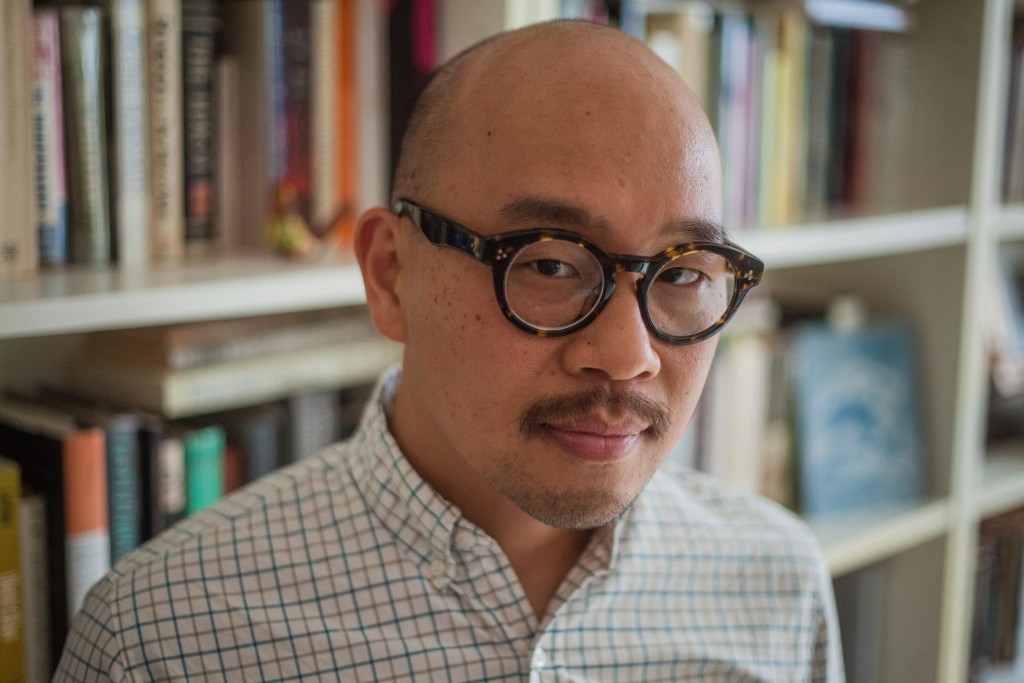As part of Creative Writing @ EMU and BathHouse Event’s Winter 2022 reading series, experimental novelist and writer Eugene Lim shared inquisitive writing methods and innovative story construction. Likewise, Lim discussed the ‘sudden beauty’ of evaporating expectations within a narrative, as well as acknowledging the quality of re-reading. Perhaps most notably, Lim shared his thoughts on how to know whether or not you are a writer, and the connections writers have with the ghosts of their memories and archives of their loved ones.

Lim started with examining the construction of his most recent experimental novel Search History (Coffee House Press, 2021). Lim emphasized how a writer might consider the compartmentalization of experimental narrative. For instance, the vision for one story may appear clear and confident, yet for another story the idea may exist in a foggy and incomplete space. However, it is not the clarity that determines the quality of the story, rather the writer’s perseverance in pursuing the chase of a vision and bringing it to form. Lim also touched on how this proliferates narrative and requires writers to live through genre. In other words, Lim recommends creating little cells of creative space giving writers permission to experiment and wrestle with form.

Lim also revealed his method for writing a story that demands to be re-read. Lim stated that “an experimental novel teaches you how to read it for the first time.” Regardless of experimental narrative and plot, Lim highlighted how the relationship between language and genre generates momentum in discovering what comes next. Furthermore, a writer does not have to limit themselves to one particular theme, but perhaps develop a melody of harmonious themes. For example, in Search History Lim illuminates subtle portraits of death, dying, and family. Lim suggests that fragments of narrative can resonate with one another to create a cohesive story while calling the reader to experience comfort between the knowing and unknowing.

